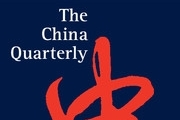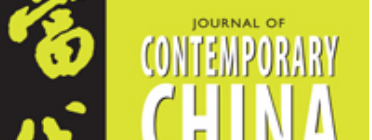The China Quarterly: “Japan, Taiwan, and the ‘One China’ Framework”
Though what future path Japan-Taiwan relations will take is uncertain, in confronting these complicated challenges, Japan is not alone. Policy debates in Washington and other major democratic partners, including Australia, the UK, and the EU, evince similar dilemmas vis-à-vis democratic Taiwan, “One China,” and stable ties and economic exchange with an increasingly powerful, assertive, and authoritarian Beijing. At least so far, and as additional indicators of the vagueness and flexibility built into the “One China” framework, developments during the fiftieth-year post-normalization suggest many in Japan and beyond are eager to continue deepening support for and practical cooperation with Taiwan—even as their official positions on “One China” remain frozen in time…







